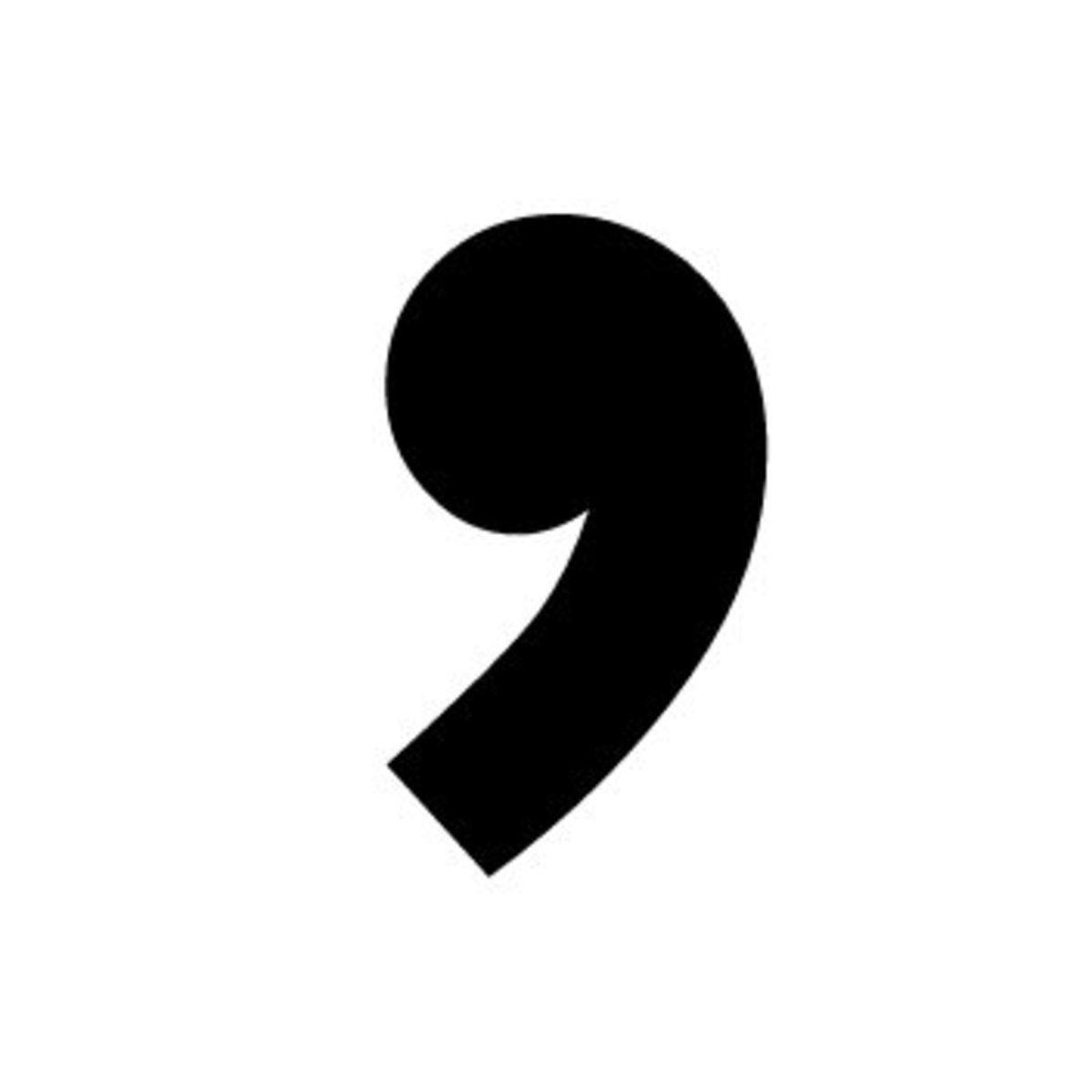Getting Published
Getting published is easy, isn’t it? Well, yes, it is – as long as you are driven by an inner demon that forces you to type constantly for most of your life, even if the words don’t always make too much sense. And then, just maybe, one day someone takes note of your work and gives you a helping hand. Well, that’s how it happened for me … and I’ve never looked back.

I’ve been writing all of my life. Sometimes productively, sometimes just because I had to exorcise that inner demon, and mostly because I simply enjoy doing it. And there’s the catch – we all want to get published, because our enjoyment can then evolve into a real means of earning a living, without actually working. A very old friend and colleague once told me, find something you enjoy doing and you never need work again. I’ve always remembered that, though I’m not entirely sure I ever quite achieved it.
When I was a child, the idea of writing for a living was never truly in my head. In those days, it was just an urge, a compulsion, something that I had to do. At school, English wasn’t a lesson – it was a fulfilment. A few hours a week when I could do exactly what I felt destined to do, write, write and write even more. Looking back, it strikes me my English lessons were feeding a drug habit – and I was gleefully soaking up every last drop, hoping it would keep me going through the other not so eagerly awaited lessons, such as mathematics, physics and (oh lord) physical education.
As a teenager, my concept of a writer was someone who sat in the garden on a hot summer day typing away on an old manual typewriter, sipping mint tea and drawing smoke in from a cigarette every now and then. It was a romantic vision, of course, and one that perhaps only very few successful authors ever realise. This was, needless to say, decades before the advent of computers, knowledge about global warming or for that matter, the almost worldwide smoking ban. And that is the other problem … time and actual experience has a very nasty habit of banishing all possibilities that exist in childhood daydreams.
It’s sad. But true. Creative people don’t tend to make much money, until perhaps they realise they must compromise their art for the real world. Unfortunately, compromise usually involves changing what you do and how you do it; and it means swapping that old, woolly romantic head for a slightly more caustic, business-minded head. In short, it means prostituting part of yourself, so you can at least still do what you enjoy doing – for the most part.
Reality sucks sometimes, doesn’t it?
I am a firm believer that people who are driven to write will do it no matter what. The idea of making money from it actually has little to do with financial independence or wealth and prosperity, but has much more to do with recognition. It’s the pat on the back we yearn for – someone to say, that was good, I enjoyed reading that. Of course, we also want lots of pats on the back, because after we get the first one we think, was that just a one-off or just someone being kind? Writers are often dreadfully insecure and reassurance is a much-needed constant companion.
I suspect the inner-demon-driven-writer finds himself (or of course herself) hitting a crossroad at some stage in the early part of their lives. Either they head off into a career where writing is at least a prominent part of the job, such as journalism or creative management; or they put their artistic side quite literally to one side while they make some money in the real world, doing something they feel able to do, acquiring new skills or just doing what others expect them to do.
And perhaps there are others, who just drift while writing. I’ve met more than a few of this group, who never quite manage to feel they belong in the world they occupy.
For me, looking back, it seems determination was a major element in my own publishing landmark. I never gave up believing that one day, one day, it would happen. I would have a book on the shelves of WH Smiths and Waterstones. It was thirty years later when it happened – and even then, it happened by surprise.
I quickly learned that writing what I wanted to write wasn’t getting me in the pages of magazines, so I changed what I was doing and started to create material that was popular. First, I bought the actual magazine I was planning to write for, then dissected it piece by piece until I knew precisely the word volume, style and topics the editor was commissioning. I then wrote a suitable piece, edited it several times until it was word perfect … and sent it off. Importantly, instead of waiting for a reply, I then forgot about it and just got on with writing another piece for another magazine.
This process went on for a year or more. Rejection slips came in, but they didn’t get me down, because I always had other articles half-completed and yet more awaiting a reply. It was a constant roller coaster – or perhaps a treadmill – depending on how you view it. In any event (and possibly due to pure volume), acceptance letters started to come in and before very long I had a long list of articles published. The cheques were also very nice, thank you, and it seemed my effort was actually starting to buy bread for the table.
This was a very important stage in my writing career (not that it was really a career at that stage), because it taught me the lesson that delivered me to where I am today. Writers must write constantly to hone their skills and they must have enough determination and self-belief to keep going, regardless of how tough the uphill struggle might seem. Crucially, they must compromise what they want to write about for what others want to read – and satisfy the commissioning editor’s every whim.
I suspect most writers find themselves in a similar position to where I was before I had my first book published. They are pursuing a salaried career – but writing for next-to-nothing every hour they can in their spare time. My big break came when I realised no publisher would notice me unless I made them notice me, so I wrote to every single one listed in the Writers and Artists Yearbook (the writer’s bible) and not only supplied each one with an example of my work, I also presented a synopsis of the book I would like to write for them.
You see, you just have to do all the work for them – and if the idea is good enough (for that, read low-risk and cost-effective), they may just invite you to write the book you have proposed.
My salaried career was property investment, estate agency and rented property management – so my idea was to write a book about selling without an agent. This was long before this concept became popular, so it had to be proposed in a very attractive way. It might have been my suggested title that actually swung the publishing contract, because ‘Save Thousands Selling Your Own Home Yourself’ caught the commissioning editor’s attention. The contract was issued and the book, now updated and re-titled ‘How To Be Your Own Estate Agent’ is actually in its third successful edition.
When my first book appeared on the shelves of WH Smiths and Waterstones, it was a milestone and something I will always remember. Nowadays, I’m a busy writer with several books out and thousands of articles written. I may not be Stephen King or JK Rowling, but I have achieved what I deem as success, albeit much later and in a completely different way than I ever planned in my childhood. To do the same, write every day and keep writing no matter what … and aim to supply the demand, because success in life usually involves a compromise somewhere along the line. Stay committed. And above all, never allow those rejection slips to dampen your spirit. Good luck.
Essential Reference for Writers
Some of My Books
- Fiction is Better Than Fact
Like most genetically inclined have-to-write authors, it took me a lifetime to realise that an early decision to follow a particular path and genre might have been a mistake.
- The Dangers of Being a Landlord
If you are a property investor and landlord and rent a house or an apartment to tenants, you must observe what the law instructs you to do. Failure through ignorance or avoidance can lead you into very deep water.










